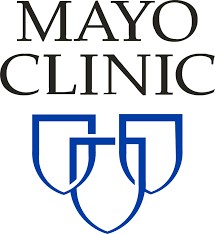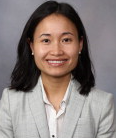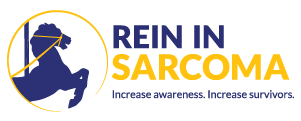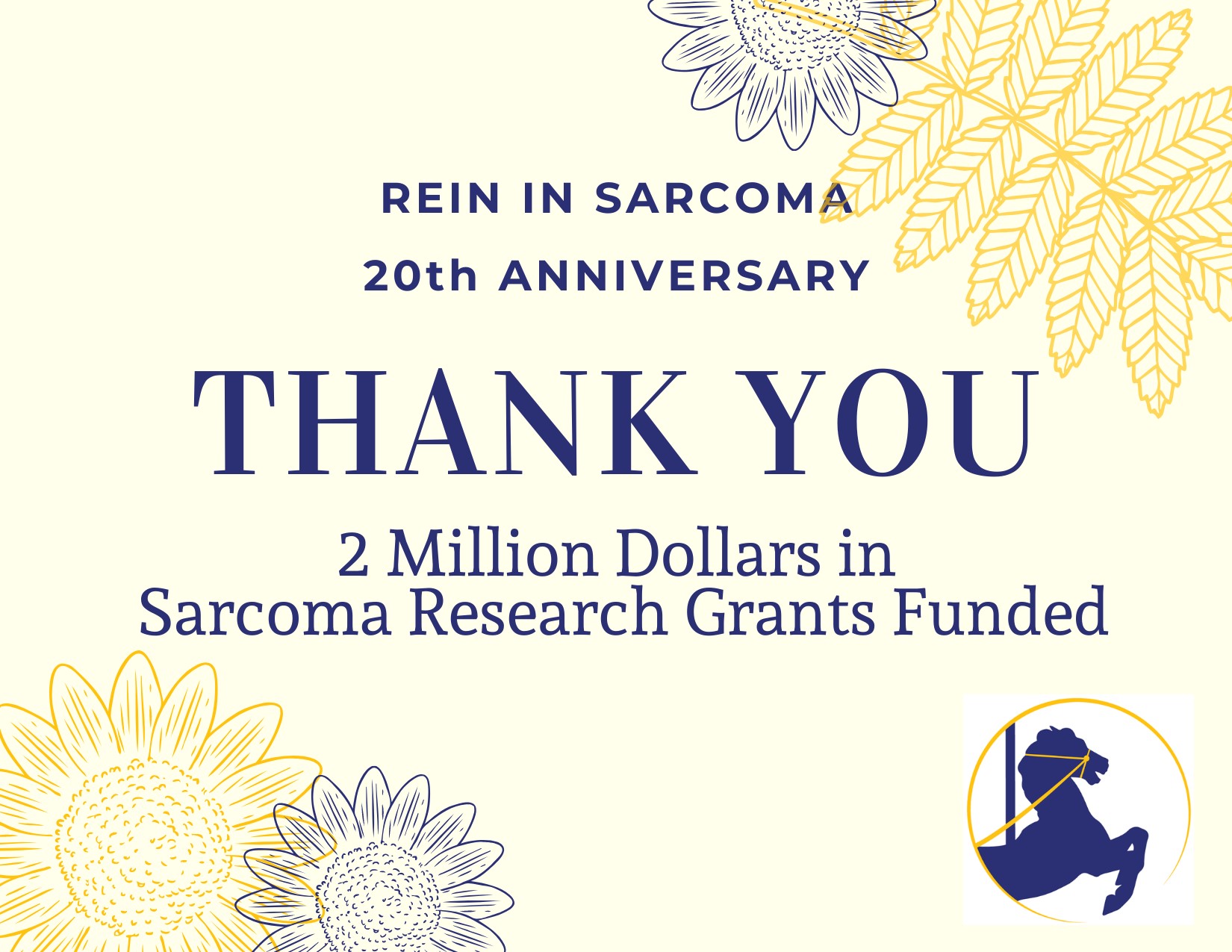Rein in Sarcoma has awarded $40,000 in new sarcoma research grants to Children’s Minnesota and the Mayo Clinic. The grants were announced during the recent virtual Fall Fundraiser. The RIS Research Committee reviews the top proposals brought forward by each institution’s evaluation committee, and recommends final awards to the RIS Board of Directors for approval.

Children’s Minnesota: DICER1-related sarcomas


Co-Principal Investigator: Kris Ann Schultz, MD – Pediatric Oncologist
Co-Principal Investigator: Damon Olson, MD – Pediatric Molecular Pathologist
Project summary: DICER1-related sarcomas include pleuropulmonary blastoma (PPB), renal sarcoma, ovarian, cervical and uterine sarcoma, renal sarcoma and a newly-described tumor type, PPB-like peritoneal sarcoma which may arise from peritoneal structures. In this proposal, we will leverage our prior Rein in Sarcoma funding and R01-funded existing PPB-related research activities to include additional data collection regarding specific DICER1-related sarcomas. Development of this additional collated data source is the next necessary step toward our goal of understanding the best treatment regimens for children and adults with DICER1-related sarcomas.
The overall goal of our research program is to improve outcomes for children and adults with DICER1- related cancers through early detection and the development of more effective and less toxic therapies.

Mayo Clinic: Clinical and laboratory tools to evaluate treatment tolerability in older patients with soft tissue sarcoma

Principal Investigator: Thanh Ho, M.D. Assistant Professor of Oncology, Division of Medical Oncology Mayo Clinic, Rochester, MN
Co-Investigators: Co-Investigators: Nathan K. LeBrasseur, Ph.D., M.S. Professor of Physical Medicine and Rehabilitation, Robert & Arlene Kogod Center on Aging Mayo Clinic, Rochester, MN Steven I. Robinson, M.B.B.S. Assistant Professor of Oncology, Division of Medical Oncology Mayo Clinic, Rochester, MN
Project summary: Soft tissue sarcomas (STS) are rare, encompass multiple subtypes, and have few established guidelines. For older patients (age 65 and above) with locally advanced or metastatic soft tissue sarcoma, treatment often involves systemic therapy. Geriatric assessments and screening tools are recommended as part of multidisciplinary care for older patients with cancer, 1 but they are not widely used in clinical practice. This pilot study will prospectively evaluate older patients with STS who are followed in the medical oncology sarcoma clinic in Rochester MN; this will include patients who are newly diagnosed or receiving systemic therapy. Patients will undergo geriatric screening as well as laboratory testing. Laboratory testing will include routine complete blood counts (CBC) that are associated with poor outcomes in STS, as well as circulating senescence-associated secretory phenotype (SASP) proteins associated with frailty. 2 The findings will strengthen the multidisciplinary approach to our older patients’ sarcoma care.


